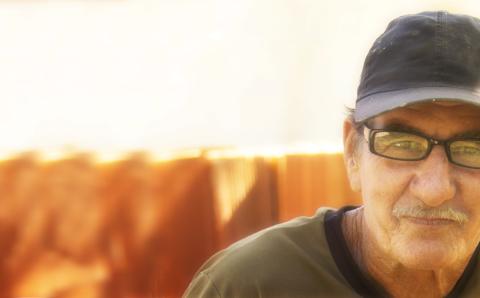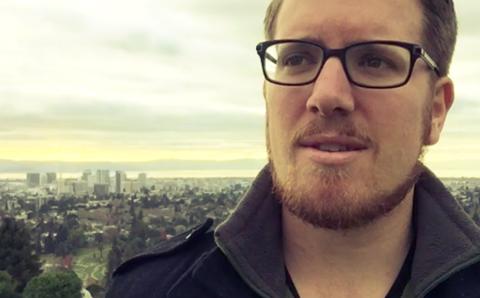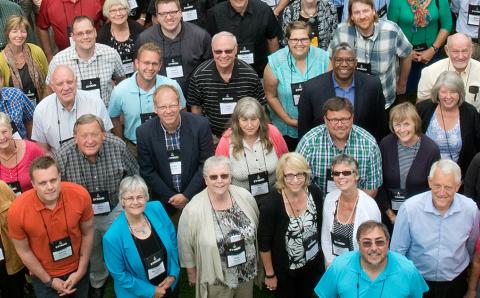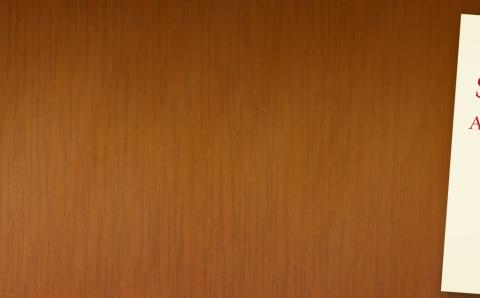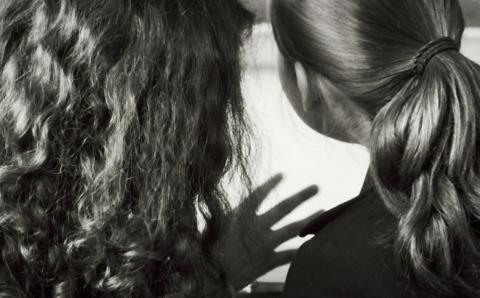Synod 2016 rejected the Doctrine of Discovery as heresy in response to a study report on the topic. Synod is the annual general assembly of the Christian Reformed Church.
The 68-page report mandated by Synod 2012 states that many Europeans tried to choke out Indigenous culture in North America, beginning with papal edicts during the 1500s and persisting in subtle ways to the present day. In the 1800s and 1900s, authorities used the Euro-superior worldview to place Native American children in boarding schools, with the goal of assimilating them, the report states. One of those boarding schools, it adds, was a mission of the Christian Reformed Church: Rehoboth Christian School. The report was particularly critical of the Rehoboth school.
Synod recognized and gave thanks for “the love and grace extended over many years by missionaries sent out by the CRCNA,” but also acknowledged the pain of those who suffered from experiences in boarding schools in the U.S. and Canada, including Rehoboth Christian School.
But synod chose not to adopt most of the actions recommended by the report, such as forming a story-gathering commission, creating a denominational service of lament, or educating CRC members on the Doctrine of Discovery.
“With all respect to the task force, we felt that they had prescribed various actions without necessarily consulting with the Zuni and Navajo people,” said Daniel Zylstra, reporting for the committee that examined the report. “We didn’t want to be prescriptive. We felt that it was not right to be dictating a process to a people who do not feel that they have been consulted or engaged in determining that process.”
Task force member Mark Charles, who has both Dutch and Navajo heritage, intimated that the lack of consultation was because Native American boarding school survivors are hesitant to dig into their painful past. “That’s the challenge at Red Mesa. There are certain conversations we don’t know how to have. There is a parental dynamic that exists because of the way that [boarding school students] were presented the gospel.”
That got a strong reaction from the delegates from Red Mesa. “When people from Classis Red Mesa heard that I was coming to synod, over and over they said ‘Please tell the stories of love and grace and goodness that have happened in Rehoboth and Zuni Christian schools,’” said delegate Gail De Young. She proceeded to tell the stories of former board school students who had made strong connections with their supervising houseparents.
Ethnic adviser Darlene Litson told delegates that her boarding school experience was very good. “I want to acknowledge the missionaries who came out to the Navajo reservation to bring gospel to our communities,” she said, weeping as she recited a list of Dutch surnames. “Because they brought the gospel, salvation came to my grandparents’ house, my mother, my children, my grandchildren, so to God be the glory, and I thank God for them.”
Tim Toeset, Classis Yellowstone, that his 104-year-old uncle who worked at the school in Rehoboth read the report. “That report pained him significantly because it demeaned his work, because it essentially said it wasn’t right. . . . We need to recognize that there’s pain there too.”
Task force member Mike Hogeterp reminded delegates that the report was not just focused on the southwestern United States. “In our research and listening we’ve learned that the Doctrine of Discovery influences us both historically and presently. . . . Many of us in North America live and worship on unceded land,” he said. “We don’t like to hear these stories, but we drink downstream from them. We cannot change that brokenness today, but perhaps in truth-telling and lament as a first posture we can begin to reconcile.”
Women adviser Melissa Van Dyk said that she was familiar with the effects of residential schools on Canadian First Nations people. “[Synod is not going] far enough in acknowledging our personal and community response. We do need to acknowledge the cultural genocide that we have been part of and continue to be a part of.”
Gina Taylor, Classis Hamilton, said she had read the report and wondered what, specifically, are alleged to be the CRC’s sins. “What are we apologizing for in Canada?” The CRC did not run any boarding schools in Canada. Hogeterp responded that we also own the corporate sins of the nation.
Synod delegates asked next year’s synod to consider setting a Day of Justice in the CRC in order to lament racial injustices. Afterward, synod delegates formed a large circle and prayed, honoring the Native tradition of holding a sharing circle. Delegates then recited Lord’s Day 40 of the Heidelberg Catechism, addressing the sixth commandment, murder.
Synod 2016 is meeting at Calvin College in Grand Rapids, Mich., from June 10-17. For continuous Banner coverage, please follow The Banner Magazine on Facebook or @crcbanner on Twitter. You can find more tweeting by following hashtag #crcsynod. News stories will be posted at thebanner.org several times daily. Unless noted otherwise, all photographs are by Karen Huttenga.
About the Author
Roxanne VanFarowe is a freelance writer who claims both Canadian and American citizenship and grew up in the Christian Reformed Church. She is a member of Blacknall Presbyterian Church in Durham, North Carolina.



